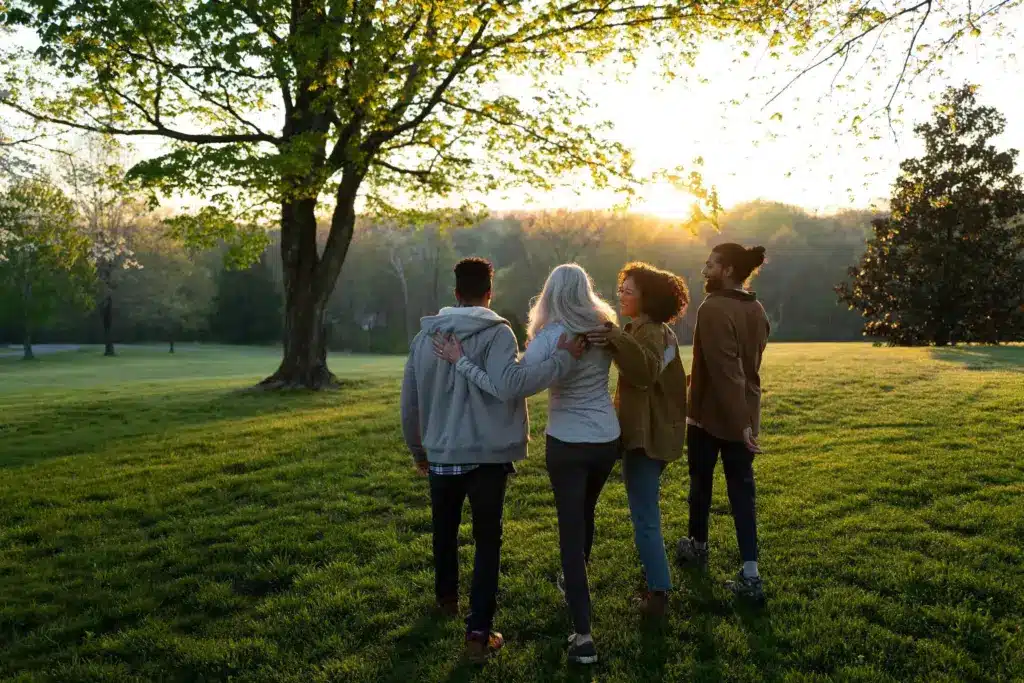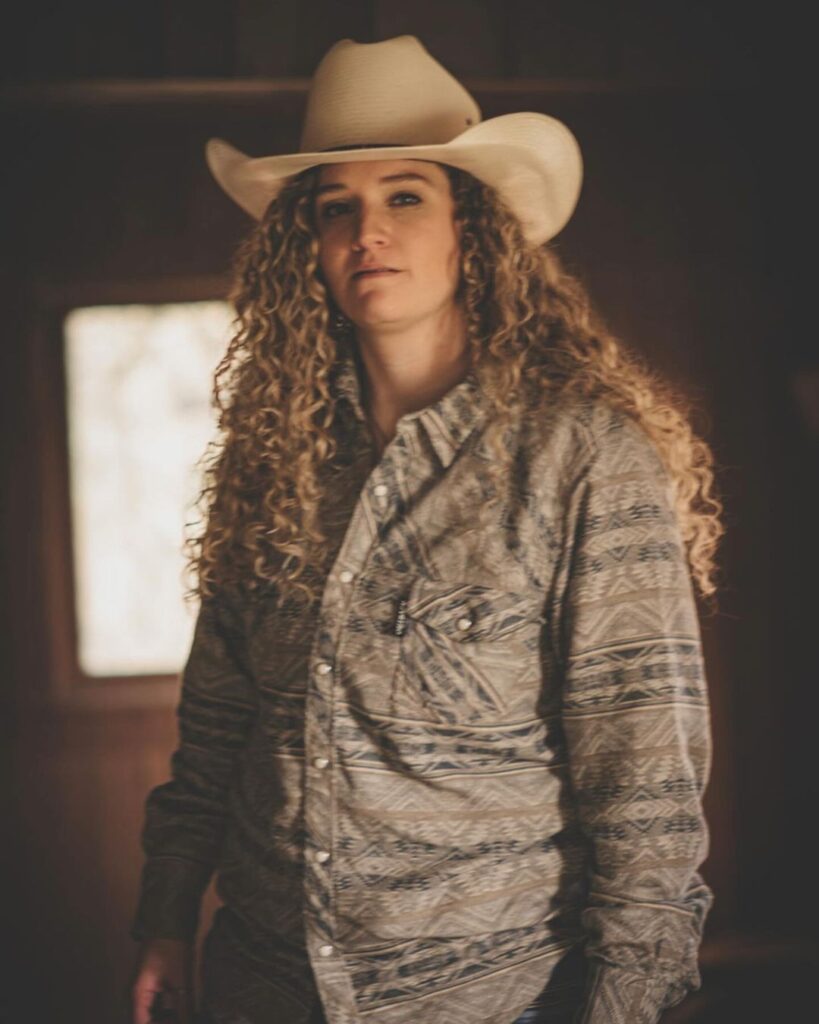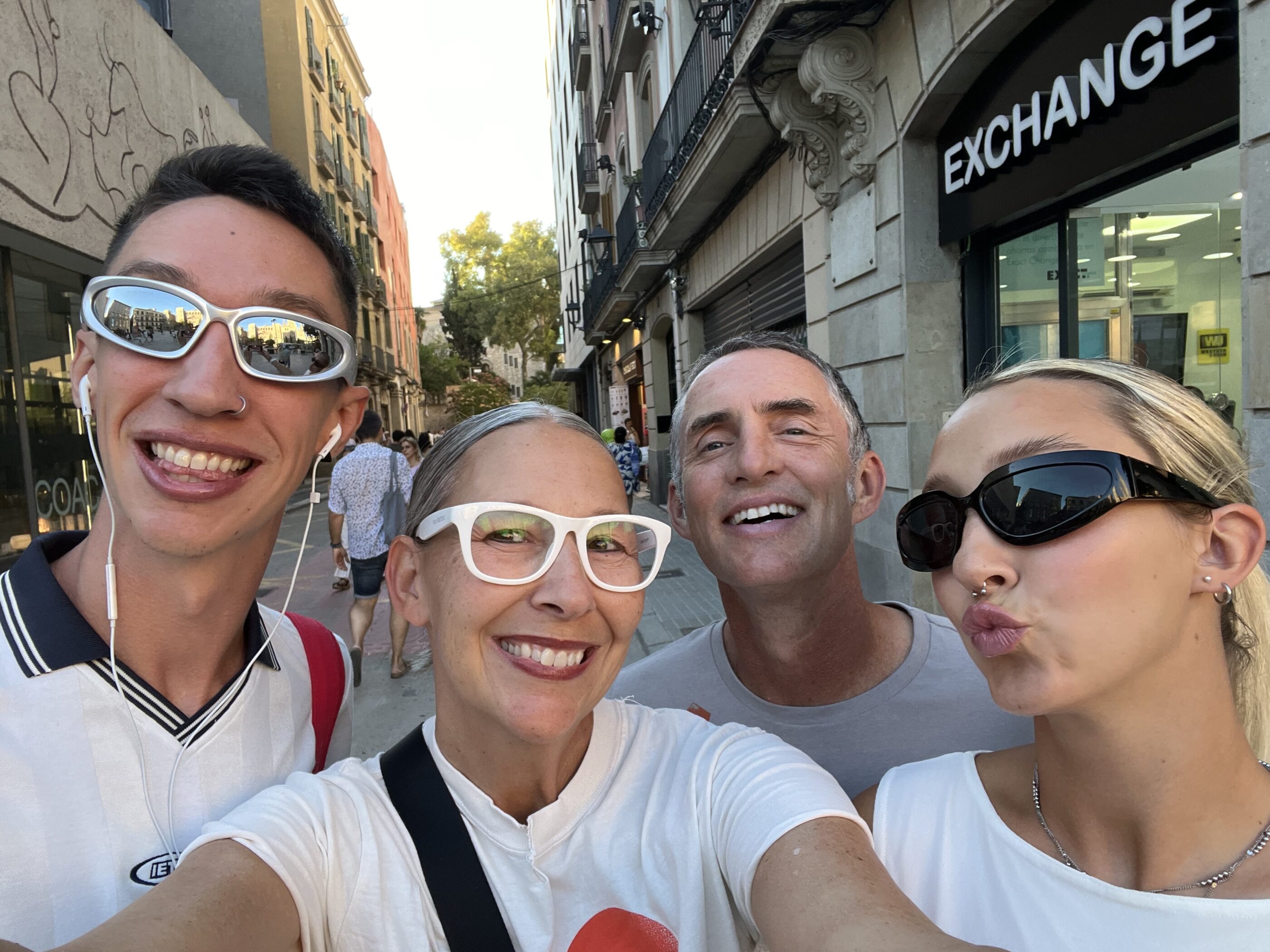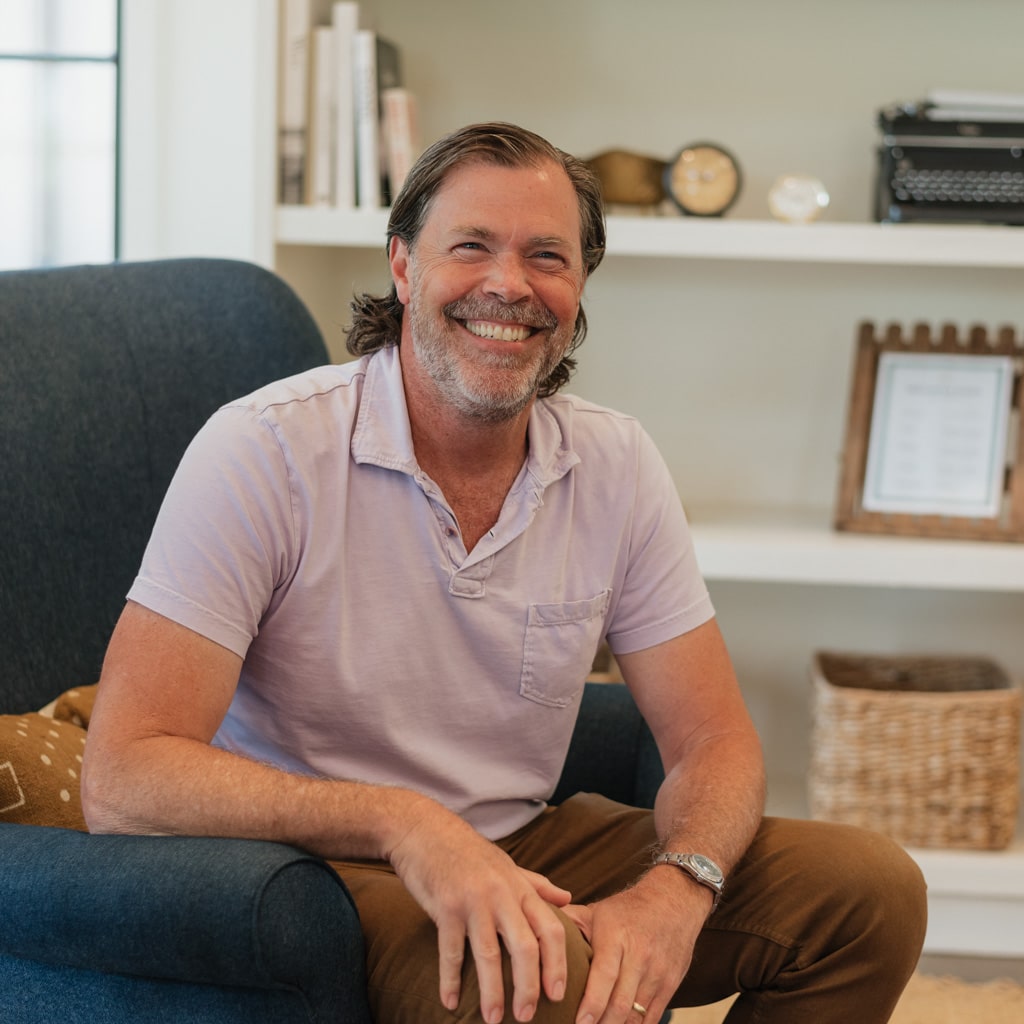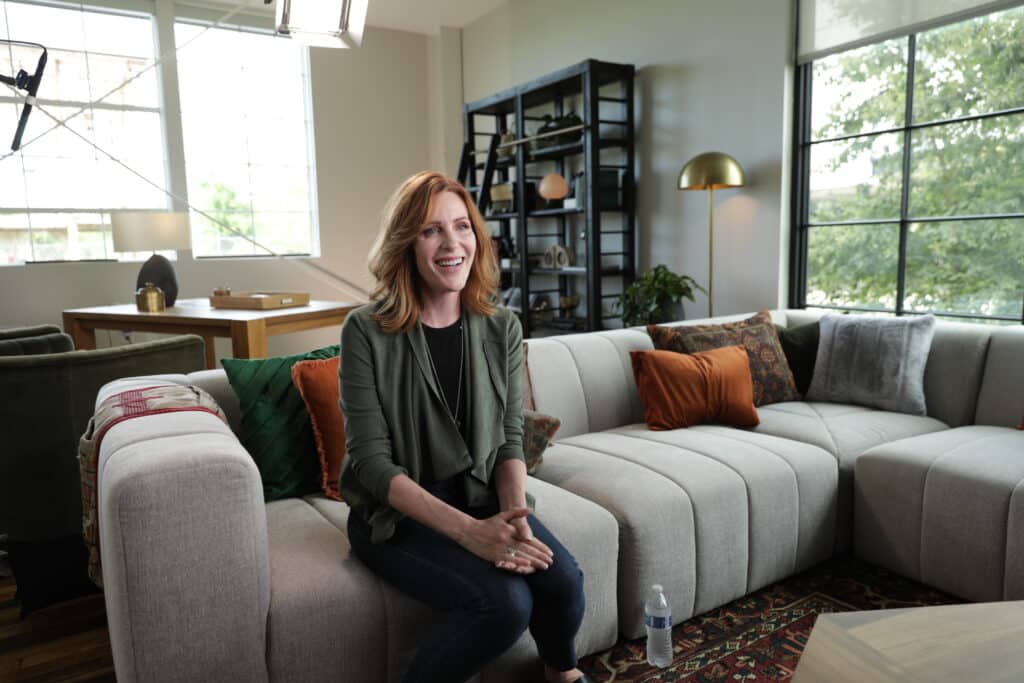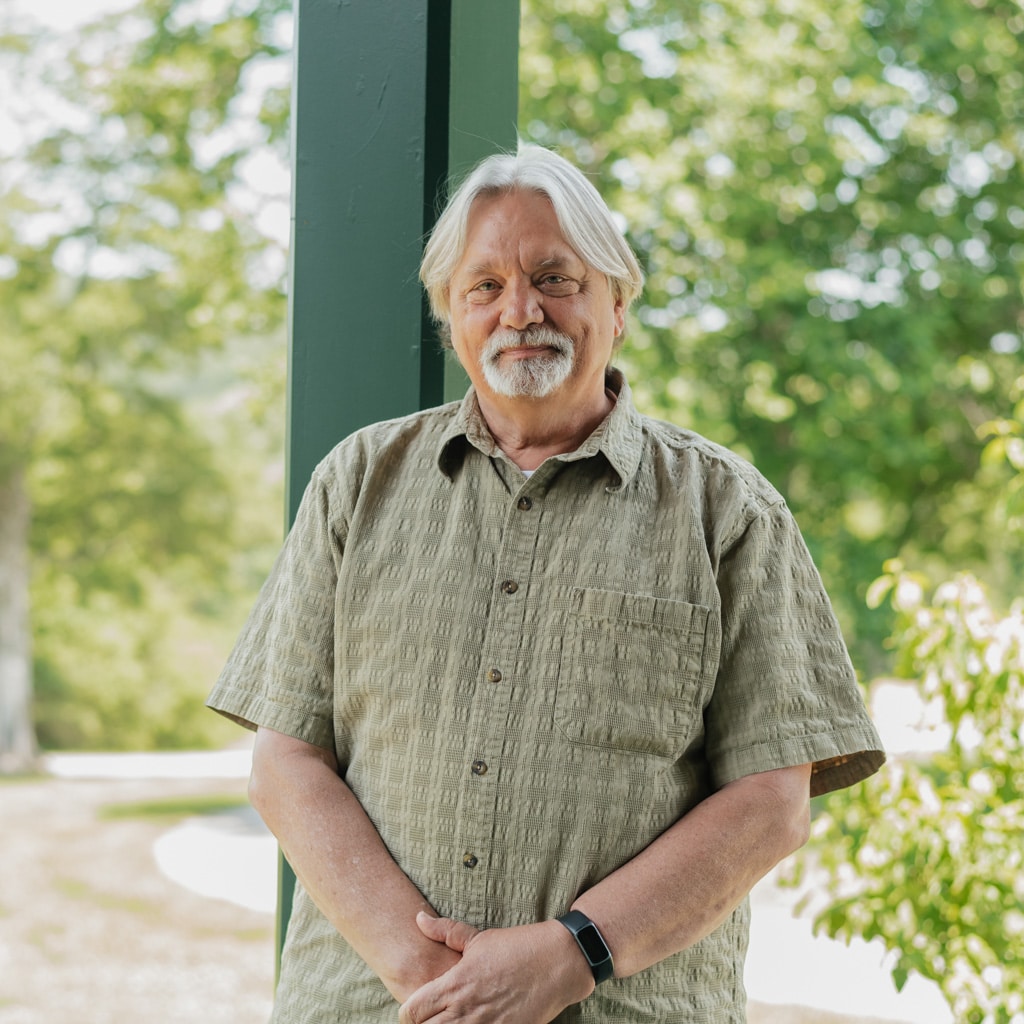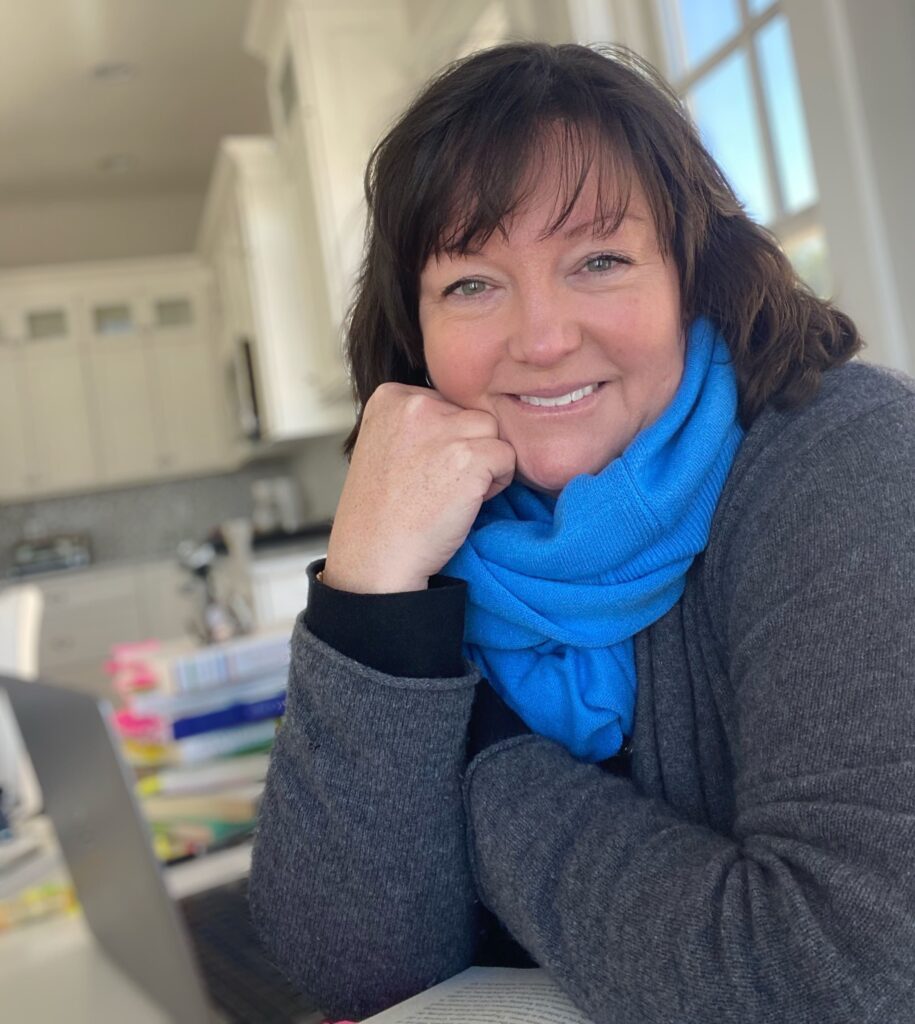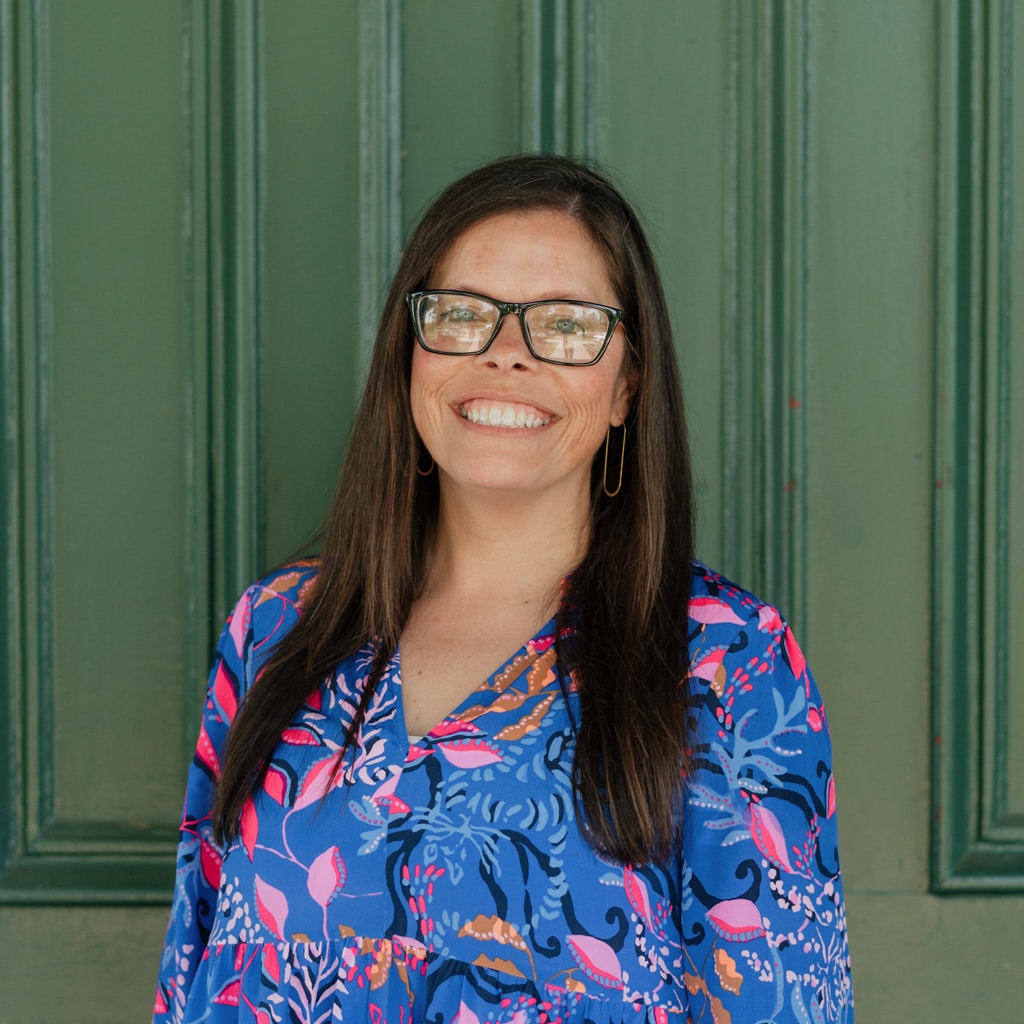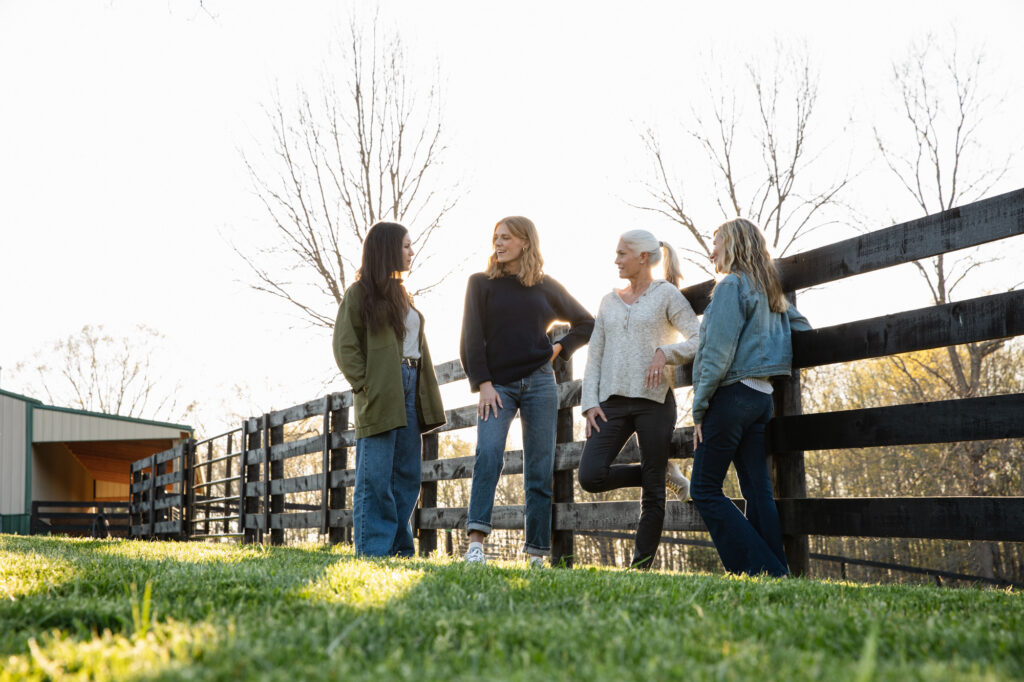4 Characteristics of Safe People
Safe people offer genuine, non-judgmental, and trustworthy relationships.
There’s no denying that stress and anxiety are at an all-time high. Research shows that in January 2021, 41% of adults reported symptoms of anxiety as compared to just 11% in 2019. That’s a 275% increase in just two years.
Layer that on-top of increased levels of isolation and loneliness. A recent report from Harvard states that 36% of all Americans—including 61% of young adults and 51% of mothers with young children—feel “serious loneliness.”
We’ve never been more anxious, and we’ve never felt more alone in our pain.
As humans, we are relational by nature. However, when we’re struggling, it’s not uncommon to keep that to ourselves. Many of us find it challenging to reach out to community for support during hard times for a variety of reasons—from messages we received as kids, lack of support, fear of rejection, etc.
In a recent bonus interview on the Living Centered Podcast, Executive Director of Milestones and instructor of Onsite’s new class, Practice Makes Presence, Christopher O’Reilly, sat down to share how community is an essential resource in any emotional wellness toolkit. Throughout the episode, he shared how the practice of “leaning into safe community” is one of the best things we can do to navigate anxiety, stress, and overwhelm.
This led us to ask the question, what is a safe person?
During this interview, Christopher laid out four characteristics of safe people.
4 Characteristics of safe people
Safe people are GENUINE
One of the first things we can look for in a safe relationship is a sense of genuineness. We can feel safe when we know that the relationship is not transactional. Christopher says that we’ll be able to assess if someone is authentic and genuine when we know they have no ulterior motives for being in relationship with us.
“Safe people are interested in you as a person, first and foremost. They care about you not because you do anything or because you are anything— it’s just because you’re you.” — Christopher O’Reilly
Safe people are NON-JUDGMENTAL
We’ve all been in relationships where we felt like we couldn’t be ourselves without fear of judgment. Safe people provide help and support without judging us. They are accepting of who we are and what is important to us. Being non-judgmental does not mean safe people don’t challenge us or call us higher—rather, there is space for them to do so because the foundation is built on respect.
Safe people are TRUSTWORTHY
Unfortunately, most of us have had an experience where we shared something in confidence, only for our trust to be betrayed.
“A safe person is someone who will keep what you discuss with them between you and them.” — Christopher O’Reilly
Especially in times of turmoil, the person we’re confiding in must remain trustworthy and honor what we share.
Safe people are ASK FOR RECIPROCAL SUPPORT
We feel the safest leaning on others when we know they will also lean on us.
“Relationships are a two-way street, meaning a safe person is typically somebody who you can lean on, but they lean on you too.” — Christopher O’Reilly
When the people around us demonstrate vulnerability, it gives us permission to do the same.
—
The last piece of advice Christopher shared about creating a network of safe people we can lean on is to pay attention to our intuition.
“Ask yourself, how do I feel when I’m around them? Do I feel safe? Do they seem interested in me? In my growth?” — Christopher O’Reilly
We are wired for relationships. Safe, life-giving community can be a vital resource in our emotional wellness toolbox when the world feels overwhelming.
The truth is stressful circumstances that can heighten our anxiety aren’t going away. And while we can’t always find external stability, we CAN cultivate tools that help us create internal stability.
In our new class, Practice Makes Presence, taught by Christopher O’Reilly, you’ll learn five tools for grounding that you can start implementing today to help you cultivate peace and presence in your life.
Discover how fostering a deeper relationship with yourself can help you understand why you feel anxious, what you do in response to it, and how you can use grounding tools to manage your anxiety more effectively.
Learn more today at OnsiteIsOnline.com/practice-makes-presence
Save 35% this week only when you use the code PRESENCE. Promo ends 7/31
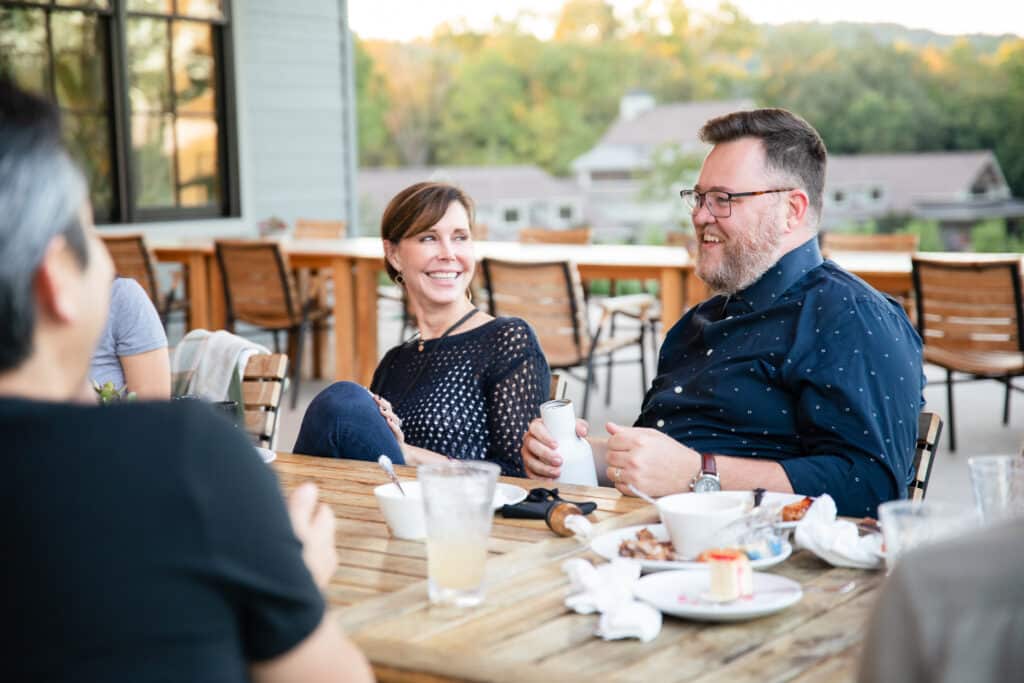
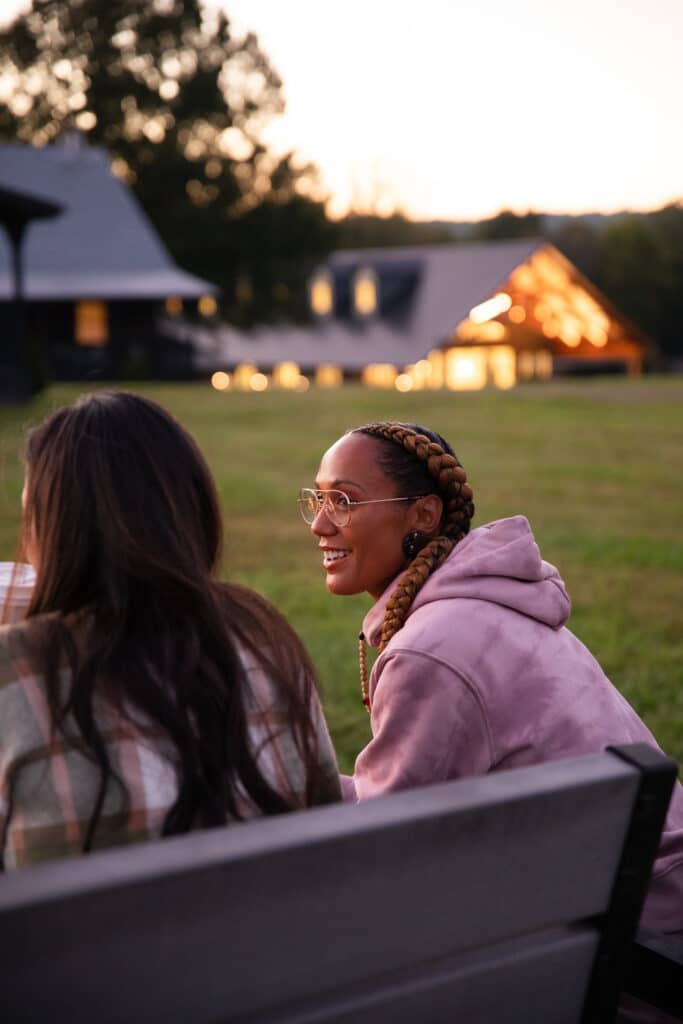
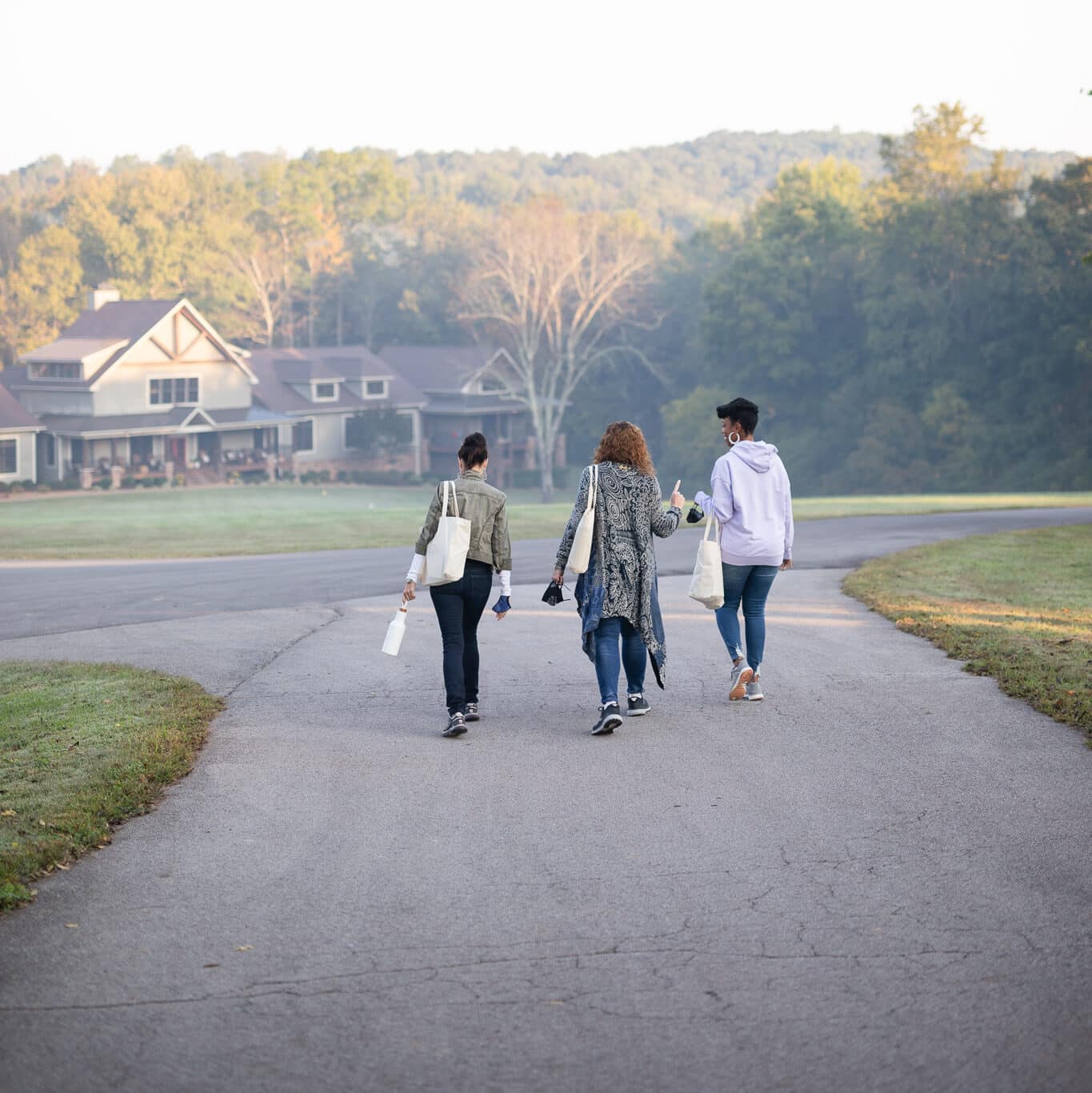
More resources from Milestones
